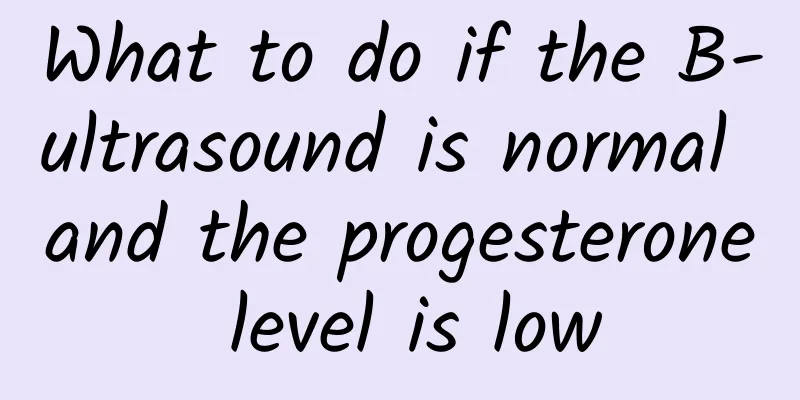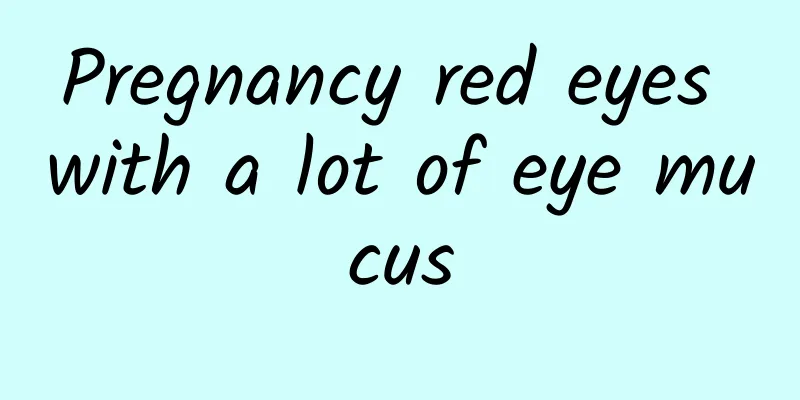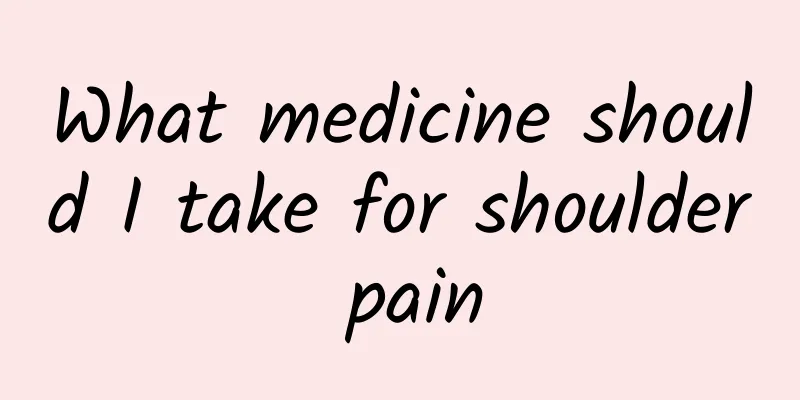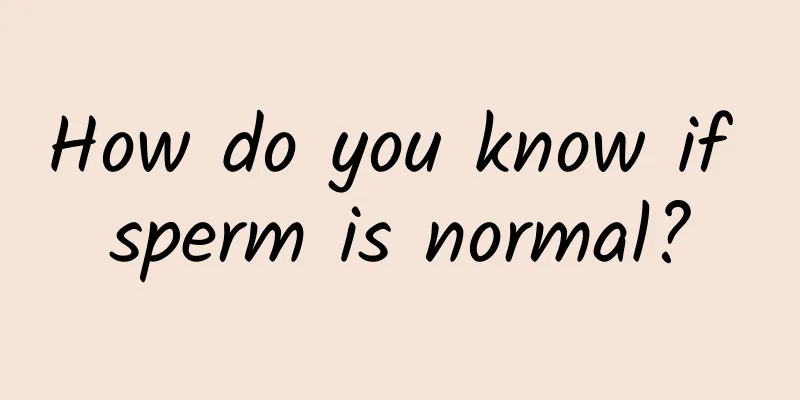Indications for orthodontic technology
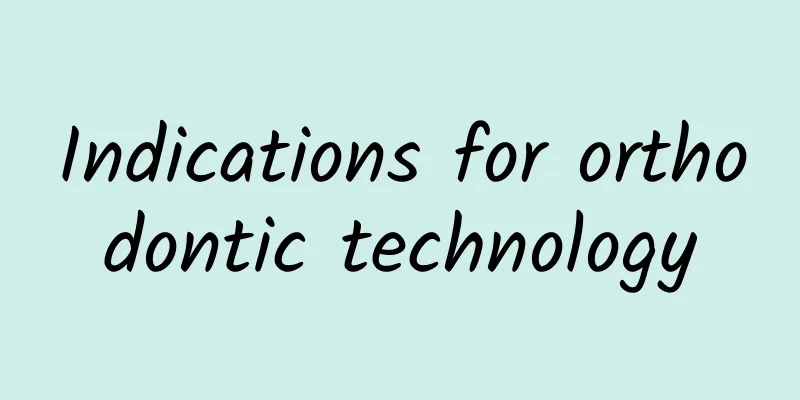
|
There is a lot of content in orthodontic technology. It has a good therapeutic effect on tooth deformities and malocclusions, for example, crowded teeth, overbite, gaps between teeth, etc. Different correction methods can be selected for different conditions. As ordinary people, we should develop good oral hygiene habits, prevent tooth decay and periodontal diseases. Indications 1. Patients with crowded teeth: The teeth are pushed in and out, which is unsightly, difficult to clean, prone to caries, easy to form tartar, and lead to periodontal disease. 2. Anterior crossbite is also known as "underbite", which is characterized by the lower front teeth biting outside the upper front teeth. Some people only have crossbite of the teeth; some people not only have crossbite of the teeth, but also have facial bone deformities, which is called skeletal crossbite, characterized by insufficient development of the maxillary bone (retrusion) and excessive development of the mandibular bone (protrusion), resulting in a depression in the middle of the face and a crescent-shaped profile, affecting both appearance and function. 3. Patients with diastematous diseases have excessive spaces between the teeth. 4. Deep overbite: also known as "protruding teeth", some of which are only manifested as protruding upper front teeth or inverted lower front teeth; others are skeletal deformities. Some of these people have upper front teeth and upper gums that protrude too far forward, while the chin is retracted behind the upper lip, or there is no chin at all. 5. Bimaxillary protrusion, or protrusion of the upper and lower front teeth, causes lip protrusion, and the patient has to use force to close the lips, with open lips and exposed teeth. 6. Posterior crossbite and lockbite: affect chewing function and may lead to upper and lower jaw deformities in the long term. 7. Patients with deep overbite (front teeth bite too deeply): the lower front teeth cannot be seen when biting; some people also have skeletal deformities, which manifests as a short lower face. This deformity can easily injure the upper gums and lead to periodontitis of the front teeth and facial joint diseases. Orthodontic methods With the increasing advancement of oral medicine technology and patients' requirements for the aesthetics of orthodontic treatment, orthodontic treatment has gradually evolved from removable brackets and buccal fixed brackets to ceramic brackets, self-ligating brackets, lingual invisible brackets, and bracketless invisible brackets. Provide more treatment options based on the different requirements of doctors and patients for efficacy, aesthetics and comfort. |
<<: The best time to get orthodontic treatment
>>: Why do flesh grow out of teeth?
Recommend
What medicine is effective for cholecystitis
Patients with cholecystitis should not only pay a...
Causes of black spots on the whites of the eyes
Eyes are the windows to the soul, and they are th...
What are the effects and functions of Five Elements Grass?
Everyone knows about Wuxingcao. Wuxingcao itself ...
The dangers of orthodontic tooth extraction
Teeth are a very important part of our human body...
Causes of high alanine aminotransferase
The health of the body also requires a good maint...
How long does it take for neuritis to heal?
Many people do not know much about neuritis. For ...
Bordetella pertussis
Bordetella pertussis is the pathogen that causes ...
What is oily skin? Causes of Oily Skin
Oily skin actually refers to a property of the sk...
Positive signs of cholecystitis
If you have chest pain, be sure to go to the hosp...
What should children eat if they sweat a lot?
The main reason why children sweat profusely is t...
What suppositories are used for cervical cysts
Many people are not particularly familiar with ce...
Check out the diet for pregnant women: 4 kinds of fruits to help you get a good pregnancy
Maintain the ovaries, regulate the uterus, regula...
What causes pain around belly button?
Many people will occasionally feel a pain around ...
What to do if you have insomnia due to qi deficiency? Chinese medicine teaches you how to regulate your diet
Qi deficiency is a concept in traditional Chinese...
How to make scars disappear
Having scars on the body can make people feel ver...

